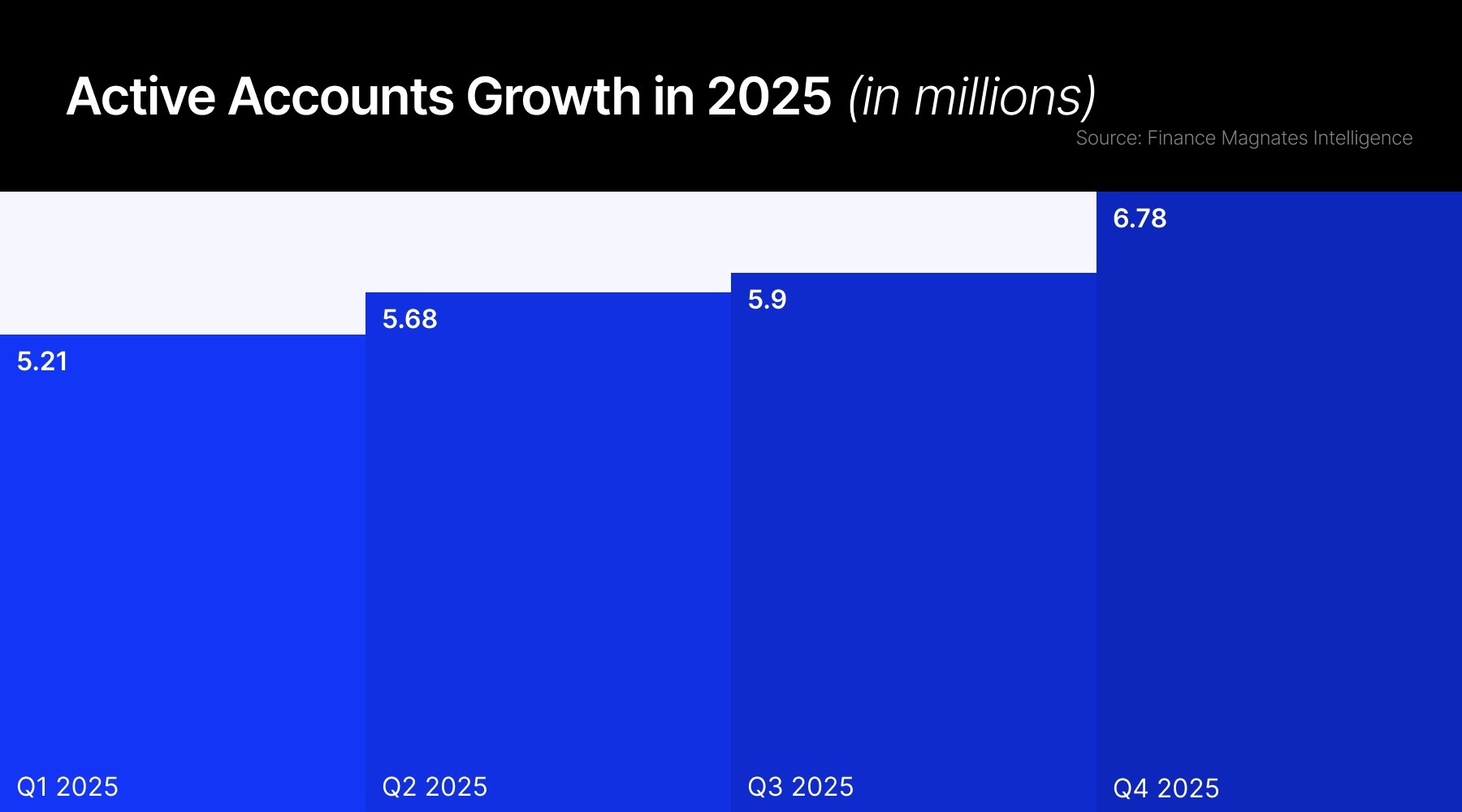In the next five years, professional football clubs engaging in high-value financial transactions in the EU will need to verify the identity of their customers. This is according to a new package of legislation approved by the EU Parliament, including a cap of EUR 10,000 on cash payments to combat money laundering.
Mandatory Customer Identity Checks
The adoption of the new rules marks an important step in the EU's efforts to enhance transparency and security in its financial systems, with far-reaching implications for various stakeholders.
One of the provisions of the new law is the expansion of access to ownership information. Under this guideline, a wide range of entities, including journalists, civil society organizations, and relevant authorities, will have direct and free access to ownership information stored in the databases of the EU member states.
Additionally, the regulations introduce enhanced due diligence measures for various entities, such as banks, asset managers, and real estate agents. These entities will be required to conduct customer identity checks and report any suspicious activities.
To further control money laundering activities, the EU has imposed a cap on cash payments , setting the limit at EUR 10,000. This restriction applies to commercial and private transactions, with certain exemptions for transactions between private individuals unrelated to professional activities.
Anti-money Laundering Agency in Frankfurt
A significant development under the new regulations is the establishment of the Anti-Money Laundering and Terrorist Financing Authority (AMLA) in Frankfurt. This agency will supervise compliance with anti-money laundering rules, particularly for financial institutions. AMLA will serve as a central authority for supervisory bodies in the EU and will monitor the implementation of financial sanctions.
In January, the European Banking Authority (EBA) extended its guidelines on money laundering and terrorist financing risk factors to crypto-asset service providers (CASPs). This action marked a crucial step in the EU's efforts to combat illicit financial activities, particularly in the rapidly evolving cryptocurrency space.
The EBA's guidelines highlighted specific risks faced by CASPs, emphasizing factors such as rapid transfers of crypto-assets and features that conceal user identity. The regulator urged CASPs to conduct thorough assessments of their customers, product offerings, delivery channels, and geographical locations to identify vulnerabilities.
In addition to extending guidelines to CASPs, the EBA has established comprehensive rules to regulate the stablecoin market. These regulations aim to safeguard investors by ensuring stablecoin-backed currencies maintain sufficient reserves to reduce potential crises and enhance investor confidence.


















